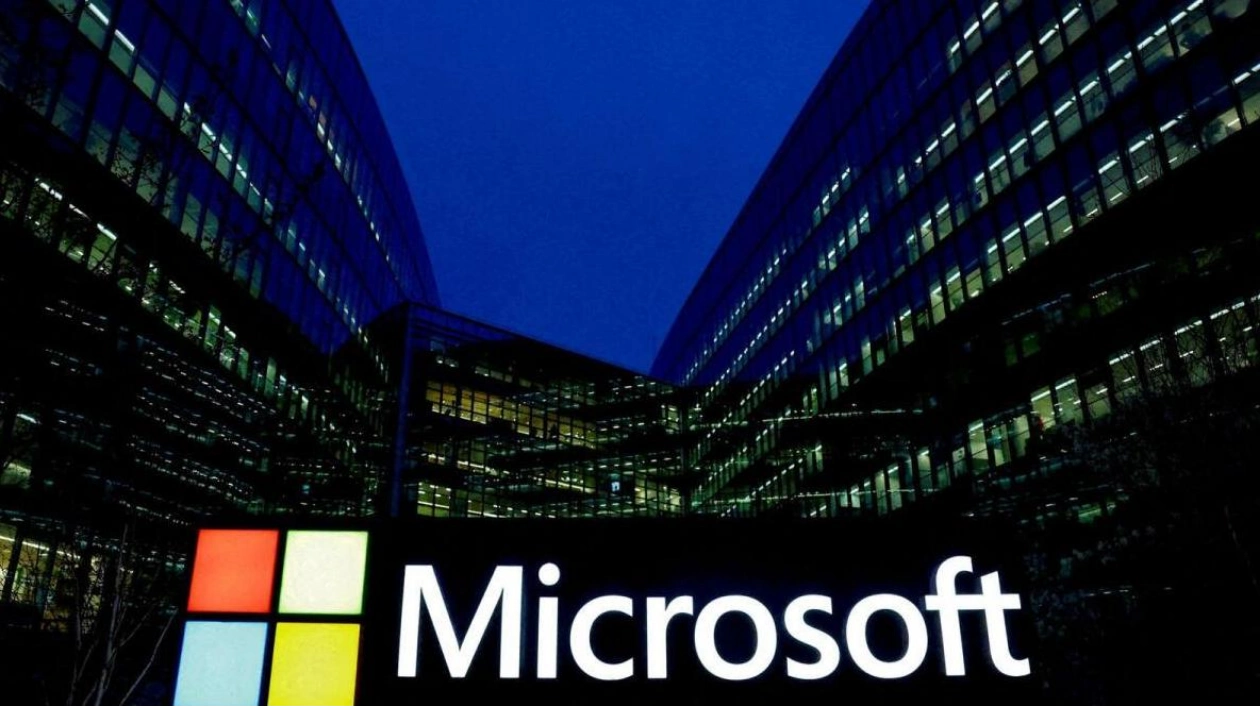When Microsoft reports its earnings on Tuesday, investors will be keen to know if the growth in its Azure cloud-computing business has accelerated sufficiently to validate the billions invested in artificial intelligence infrastructure. Microsoft, considered a leader in AI profitability due to its partnership with OpenAI, the creator of ChatGPT, is anticipated to announce that Azure's growth remained consistent at around 31% from April to June, as per Visible Alpha's data. This aligns with the company's projections, yet shareholders are looking for a more significant AI contribution in the fiscal fourth quarter, following its 7% contribution to Azure's growth in the initial three months of the year.
Microsoft's capital expenditure is estimated to have jumped by approximately 53% year-over-year to $13.64 billion, according to a survey of 16 analysts by LSEG. This marks a substantial increase from the $10.95 billion spent in the preceding quarter. Concerns about the limited short-term returns from tech giants' data center investments have affected the U.S. stock market, especially given signs that Wall Street might be overly optimistic about earnings growth. Alphabet's shares dropped over 5% last week after its quarterly capital spending surpassed estimates by nearly $1 billion, with only modest revenue gains from AI integrations, leading to a selloff in major tech stocks. Alphabet indicated that its capital expenditures would remain elevated for the remainder of 2024, staying at or above $12 billion.
Investors will closely monitor Microsoft's capacity to boost revenue growth, particularly from AI. If this acceleration fails to occur and capital expenditure continues to rise, investor disappointment may ensue, according to Gil Luria, a senior software analyst at D.A. Davidson. Microsoft argues that current spending on data centers is necessary to address capacity limitations that hinder its AI market potential. This stance is shared by other tech firms, including Alphabet, whose CEO, Sundar Pichai, recently emphasized that the risk of under-investing in AI infrastructure far outweighs the risk of over-investing.
The increased investment has enabled Microsoft to attract more business from its extensive enterprise client base by enhancing access to its AI cloud service and introducing features like the 365 Copilot assistant for Word and Excel. Microsoft reports that half of the Fortune 500 companies use the $30-per-month Copilot service, which can condense large volumes of emails into concise summaries or quickly generate lines of code. However, the company has not yet revealed the revenue impact of this service, with analysts predicting a more noticeable effect in the latter half of 2024.
Despite much attention on consumer-oriented applications like ChatGPT, generative AI presents a potentially larger opportunity for enterprises, and Microsoft is exceptionally well-positioned to leverage its existing customer base, according to Igor Tishin, an analyst at Harding Loevner, a $55 billion asset manager with holdings in Microsoft and Alphabet. Microsoft's shares have climbed about 13% this year, adding over $350 billion to its market value, although they have recently dipped by nearly 9% amid a broader tech selloff. The company is projected to show a 14.6% rise in overall revenue for the April-June period, primarily due to slower growth in its personal computing business, which includes Windows and the Xbox gaming division, while its productivity business, encompassing the Office suite, LinkedIn, and 365 Copilot, is expected to grow by approximately 10%.






